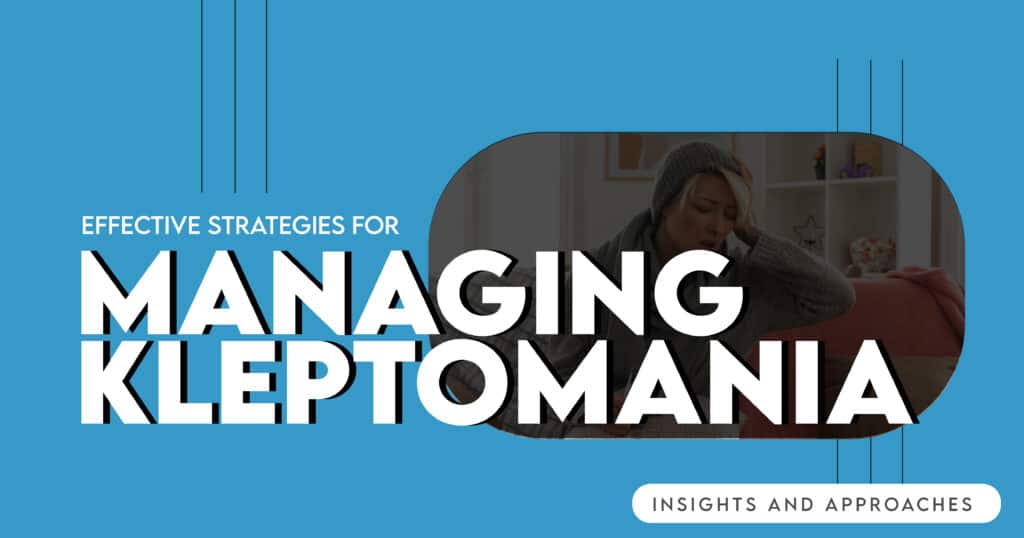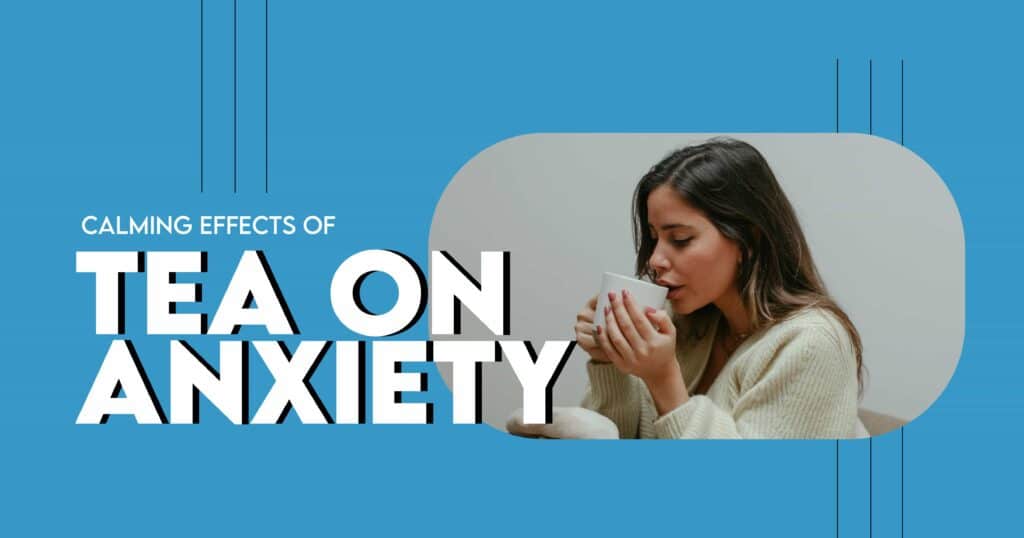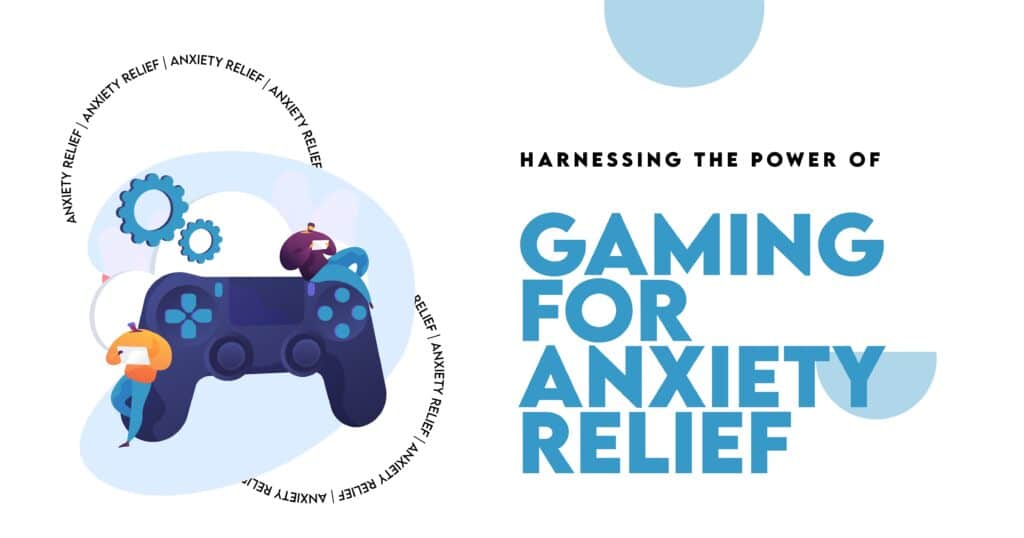Kleptomania is more than just a tendency to steal; it’s a deeply rooted impulse control disorder that can have far-reaching emotional, legal, and social consequences. Individuals struggling with kleptomania often feel trapped in a cycle of compulsive stealing, guilt, and shame.
While the urge may feel uncontrollable, it’s important to know that effective strategies and treatment options exist. Whether you’re seeking help for yourself or a loved one, understanding and addressing kleptomania is a vital step toward lasting recovery.
In this blog, we explore various methods for managing urges to steal, the role of therapy, and the importance of mental health support in overcoming kleptomania.
Understanding Kleptomania and Compulsive Stealing
Kleptomania is a psychological condition characterized by an overwhelming and recurrent urge to steal items, typically ones that are not needed for personal use or financial gain.
Unlike typical theft, which is planned or driven by necessity, compulsive stealing in kleptomania is impulsive and emotionally charged. The act is often followed by feelings of relief, which are soon replaced by guilt or remorse.
Many people associate stealing with criminal behavior, but kleptomania stems from a mental health condition that requires compassion and clinical attention. The individuals with kleptomania often suffer in silence due to fear of stigma or legal consequences, which only worsens the cycle.
Recognizing the Signs of Impulse Control Disorder
One of the earliest steps in treating kleptomania is recognizing its signs as part of a broader impulse control disorder. Individuals may:
- Experience rising tension before the theft.
- Feel a strong sense of gratification or relief during the act.
- Struggle with guilt, anxiety, or shame afterward.
- Have repeated, failed attempts to stop stealing.
- Steal without any economic need or malicious intent.
This cycle is psychologically exhausting and may co-occur with other disorders such as anxiety, depression, or adderall withdrawal, especially if a person was self-medicating for symptoms like impulsivity or restlessness.
Recognizing these symptoms early allows individuals and healthcare professionals to intervene effectively before legal troubles or personal losses mount.
Effective Treatment Options for Kleptomania
While there’s no one-size-fits-all solution, multiple treatment approaches have shown promise in treating kleptomania. These can include medications, psychotherapy, or a combination of both.

Common pharmacological treatments include selective serotonin reuptake inhibitors (SSRIs), mood stabilizers, and, in some cases, opioid antagonists, which can reduce the pleasure associated with stealing.
Below is a comparison of standard kleptomania treatment options:
| Treatment Type | Description | Effectiveness |
| SSRIs | Antidepressants that regulate serotonin levels | Moderate to High |
| Cognitive Behavioral Therapy (CBT) | Helps identify and change patterns of thinking and behavior | High |
| Group Therapy | Offers peer support and shared experiences | Moderate |
| Opioid Antagonists | Block the pleasure response linked with stealing | Varies by individual |
Each approach should be tailored to the individual’s history, comorbid conditions, and support systems. Collaborating with a licensed mental health provider ensures the treatment plan is well-structured and monitored for effectiveness.
Role of Behavioral Therapy in Managing Urges to Steal
Among all therapeutic interventions, behavioral therapy, particularly Cognitive Behavioral Therapy (CBT), is regarded as one of the most effective strategies in managing urges to steal. CBT focuses on identifying distorted thought patterns and replacing them with healthier behaviors and coping strategies.
For someone battling kleptomania, this might include tracking emotional triggers, understanding the thoughts that precede the urge, and practicing alternative responses. The therapist collaborates with the patient to create a safe environment where behavioral patterns are gradually altered. Over time, individuals learn to replace the compulsion to steal with healthier actions, such as journaling, walking, or mindfulness techniques.
According to Psychology Today, CBT helps individuals build awareness around compulsive actions and empowers them to regain control over their behavior, which is crucial for long-term recovery from kleptomania.
Supportive Strategies for Overcoming Kleptomania
Long-term management of kleptomania involves more than professional treatment—it requires ongoing self-awareness and supportive lifestyle habits. Here are some practical strategies to reinforce recovery:
- Keep a journal to identify triggers and track progress.
- Join a support group for shared experiences and accountability.
- Practice mindfulness to remain grounded during moments of impulsivity.
- Limit exposure to triggering environments such as malls or stores.
- Inform trusted friends or family to build a support system.
- Celebrate small victories to maintain motivation.
- Avoid isolation, which can worsen compulsions.
These techniques provide structure, enhance self-control, and reinforce the positive changes made during therapy. While setbacks may happen, consistently using these strategies reduces their frequency and intensity.
Importance of Mental Health Support in Healing
The journey to overcoming kleptomania is not one to face alone. Seeking mental health support is essential, especially since many individuals with kleptomania experience co-occurring disorders like depression, anxiety, or substance use.
For instance, those experiencing adderall withdrawal may find their symptoms, such as restlessness, impulsivity, or emotional instability, amplifying their tendency to engage in compulsive behavior. In such cases, mental health professionals can provide dual-diagnosis treatment plans that address both kleptomania and the underlying or co-occurring issues.

Mental Health America offers educational materials, screenings, and support networks for individuals and families navigating impulse control disorders.
Developing Healthy Coping Mechanisms
Developing new and sustainable coping mechanisms is a key part of therapy. These mechanisms should be alternatives to the impulsive behaviors that previously provided emotional relief. Here are some examples:
| Emotional Trigger | Healthy Coping Strategy |
| Stress or Anxiety | Deep breathing, yoga, or guided meditation |
| Boredom or Restlessness | Engaging in a hobby, such as art or reading |
| Loneliness | Reaching out to a friend or support group |
| Guilt or Shame | Journaling or speaking with a therapist |
The goal is to replace the immediate gratification of stealing with a more lasting sense of emotional stability and self-worth.
Start Your Kleptomania Recovery Journey With La Jolla Mental Health
Taking the first step toward healing is often the hardest. At La Jolla Mental Health, we offer a compassionate, evidence-based approach to help individuals break free from the grip of kleptomania and other impulse control disorders. Our clinicians are trained in therapy for kleptomania, CBT, and co-occurring conditions like adderall withdrawal, depression, and anxiety.
Whether you’re looking for individual therapy, group sessions, or psychiatric evaluations, we tailor our treatment to your needs. Let us help you rebuild your life with dignity and resilience. Contact La Jolla Mental Health today to begin your path to healing.
FAQs
- What are common signs of impulse control disorder and how do they relate to compulsive stealing?
Common signs include recurring urges, lack of control, and feelings of tension before the act. These symptoms directly contribute to compulsive stealing, a hallmark behavior of kleptomania.
- How does kleptomania treatment differ from other treatments for impulse control disorders?
Kleptomania treatment often combines behavioral therapy with medications that target the brain’s reward system. This differs from other impulse control treatments that may focus solely on behavioral modification or habit reversal.
- What types of therapy for kleptomania are most effective in managing urges to steal?
Cognitive Behavioral Therapy (CBT) is most effective, helping individuals understand their thought patterns and replace unhealthy behaviors with healthier alternatives.
- How can behavioral therapy assist in overcoming kleptomania and reducing compulsive stealing?
Behavioral therapy identifies triggers and teaches coping mechanisms, helping the individual gradually gain control over their compulsions and reduce compulsive stealing episodes.
- Why is mental health support essential in effectively managing and treating kleptomania?
Mental health support provides a safe space for healing, addresses co-occurring conditions like anxiety or adderall withdrawal, and helps build long-term coping skills necessary for recovery.








